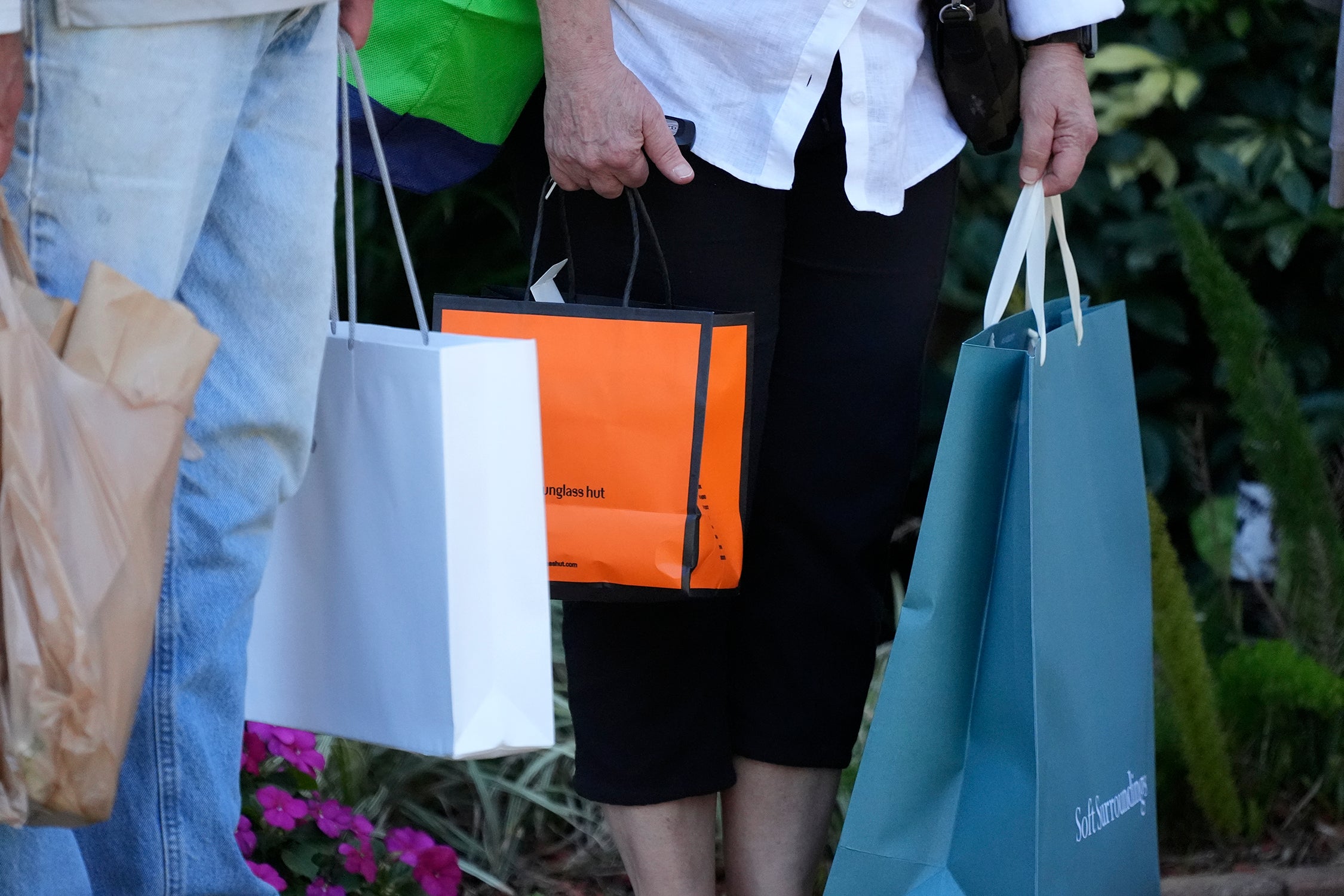What the new "buy now, pay later," rule means for small businesses offering the service
“Buy now, pay later” services are a popular way that shoppers pay for goods

Your support helps us to tell the story
From reproductive rights to climate change to Big Tech, The Independent is on the ground when the story is developing. Whether it's investigating the financials of Elon Musk's pro-Trump PAC or producing our latest documentary, 'The A Word', which shines a light on the American women fighting for reproductive rights, we know how important it is to parse out the facts from the messaging.
At such a critical moment in US history, we need reporters on the ground. Your donation allows us to keep sending journalists to speak to both sides of the story.
The Independent is trusted by Americans across the entire political spectrum. And unlike many other quality news outlets, we choose not to lock Americans out of our reporting and analysis with paywalls. We believe quality journalism should be available to everyone, paid for by those who can afford it.
Your support makes all the difference.“Buy now, pay later” services are a popular way that shoppers pay for goods.
The payment plan is usually marketed as zero-interest, or low interest, and allows consumers to spread out payments for purchases over several weeks or months.
Because shoppers like the service, offering it can be a plus for a small business. But since the payment plan is offered by third-party companies — such as Affirm and Klarna — there can be risks involved too.
If something goes wrong, consumers could blame the small business — even if they have nothing to do with the payment plan. And things can go wrong. A report from the Consumer Financial Protection Bureau in 2022 found that more than 13% of BNPL transactions involved a disputed charge or a return. In 2021, consumers disputed or returned $1.8 billion in transactions at five large BNPL firms, the CFPB said.
The plans also cost small businesses money — typically a 1% to 3% fee, which can add up when margins are tight.
But the CFPB issued a new rule that may ease small business owners' minds. The agency said the “buy now, pay later” companies must provide consumers with the same legal rights and protections as credit card lenders do.
That means consumers have legal protections including the rights to dispute charges, easily get a refund directly from the lender for a returned item, and get billing statements.